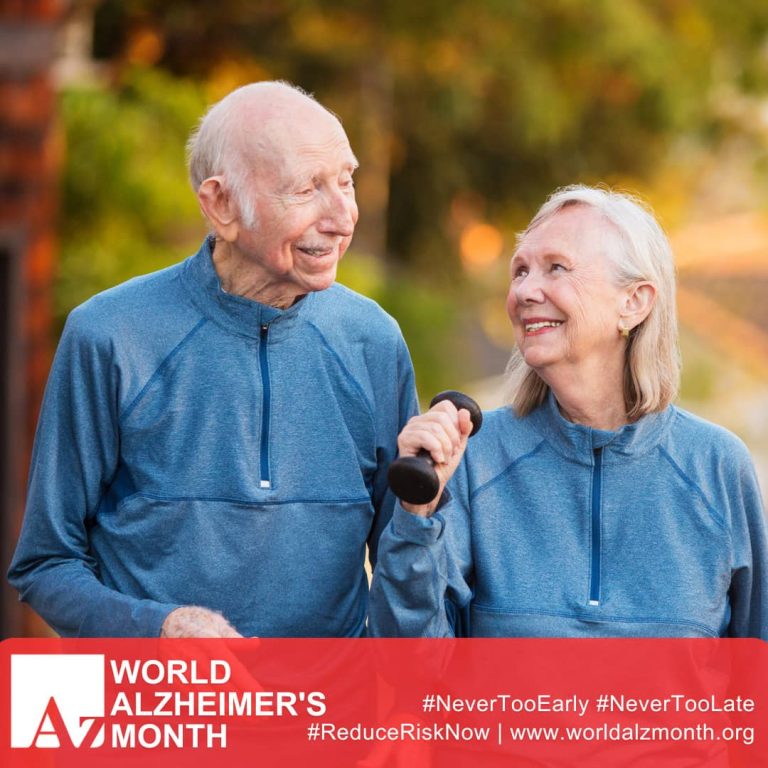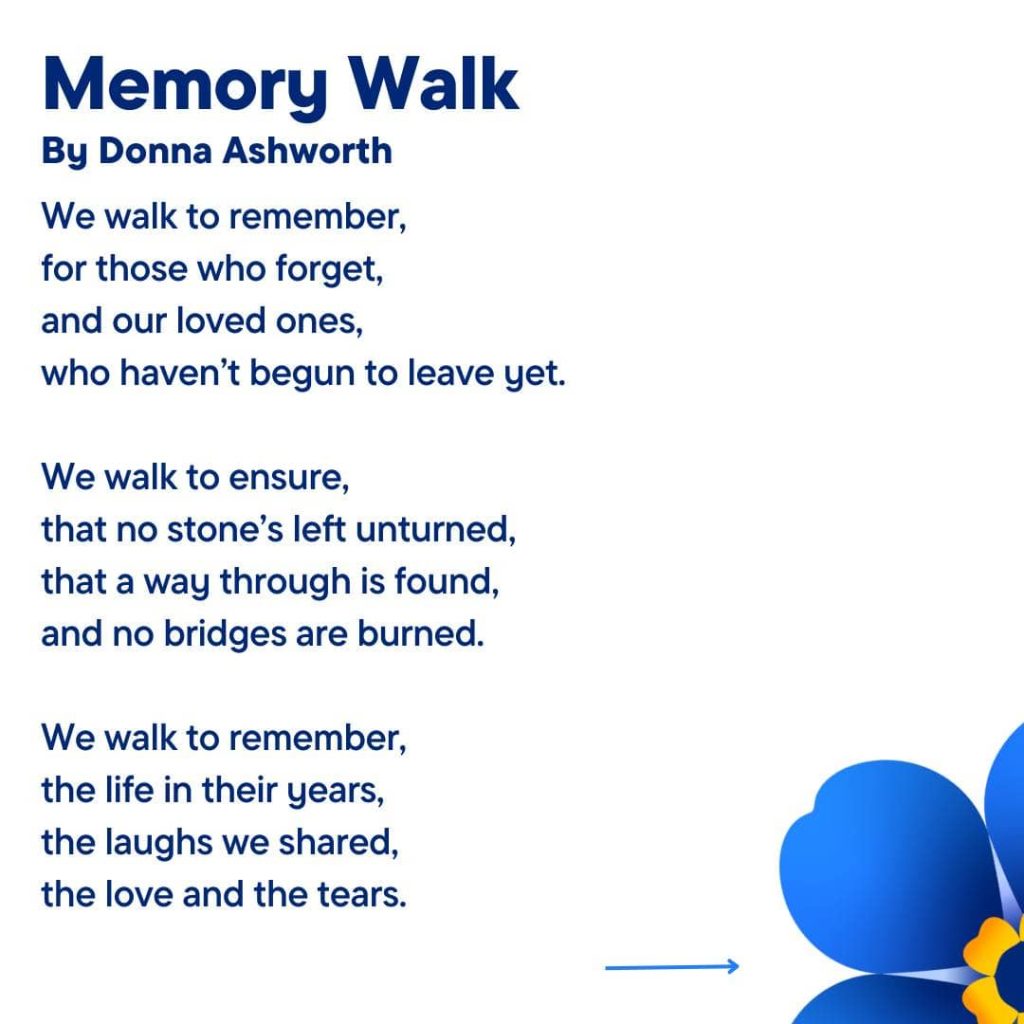This month is World Alzheimer's Month. This is an international campaign aimed at increasing awareness and challenging the stigmas associated with Alzheimer’s and dementia.
It is organised by Alzheimer's Disease International and has been taking place every September since 2012. The theme for 2023 is "Never too early, never too late” This theme aims to highlight the importance of proactively taking action to delay, and potentially even prevent, the onset of dementia, and includes ongoing risk reduction strategies for people who have been diagnosed with Alzheimer’s disease.
Understanding Alzheimer's
Alzheimer's disease is a progressive and irreversible brain disorder and is the most common cause of dementia. It affects millions of people worldwide, not only robbing them of their memories and cognitive abilities but also impacting their families and caregivers. In the UK there are over 900,000 people living with dementia, and Alzheimer’s disease affects around six in every 10 people with dementia.
The chance of developing Alzheimer’s disease increases with age but it is not a normal part of ageing. Most people who have Alzheimer’s are over 65 but Alzheimer’s can also affect people who are younger. It is thought that approximately 42,000 people in the UK under 65 have Alzheimer’s. These rare cases of the disease are called young onset Alzheimer’s disease.
Risk Factors for Alzheimer’s
There are many risk factors for Alzheimer’s disease. These do not necessarily mean that a person will develop Alzheimer’s but it may increase their chances. These risk factors include age, genetics, lifestyle and environment. Some of these risk factors are unavoidable such as genetics and age but others can be eliminated or at least reduced.
Age
As mentioned earlier, your chance of developing Alzheimer’s disease increases with age. The older you are the higher the risk of developing it. Scientists are still learning how age-related changes in the brain contribute to Alzheimer’s damage. Aging, however is only one risk factor for Alzheimer’s and it does not necessarily mean you will get it.
Genetics
If you have a parent or grandparent who has Alzheimer’s then the chance of you developing Alzheimer’s is higher than someone who does not have a genetic connection. People who develop young onset Alzheimer’s disease are also more likely to have a genetic cause.
Lifestyle
There are many lifestyle factors that can increase your risk of developing Alzheimer’s. These include:
- Physical inactivity
- Smoking
- Excessive alcohol
- Obesity
- High blood pressure
- High Cholesterol
The good news with lifestyle is that you can act and make changes.
Environment
The environment in which you live can also increase your risk for developing Alzheimer’s disease and dementia. People living in deprived areas have reduced access to services and resources such as education, housing and work. Air pollution is also a risk factor for Alzheimer’s.
World Alzheimer's Day
World Alzheimer’s Day falls within World Alzheimer’s month, on the 21st of September. On and around the day, many Alzheimer and dementia organisations host fundraisers, hold memory walks and run awareness campaigns to focus attention on those affected by Alzheimer’s and dementia
The Alzheimer’s Society Memory Walk
To coincide with World Alzheimer’s Month and World Alzheimer’s day, the Alzheimer’s Society in the UK run a series of sponsored walks in September and October. These walks raise much needed funds for research, campaigning for change and supporting people living with dementia.
Some of the team from New Age Care are taking part in the Birmingham Memory Walk taking place on the 16th of September at Sutton Park.
If you would like to sponsor them you can go to the team Just Giving Page and choose a team member to sponsor.
https://www.justgiving.com/team/newagecare








